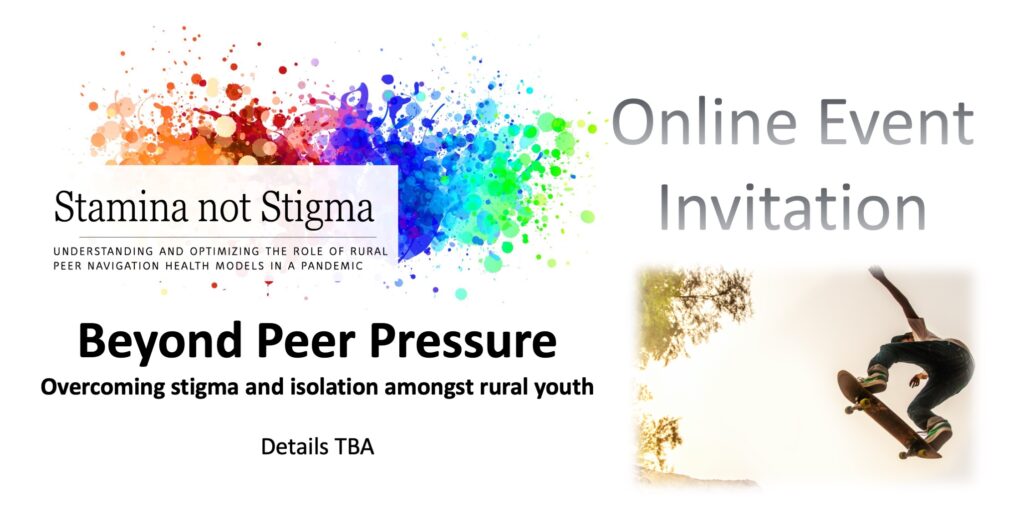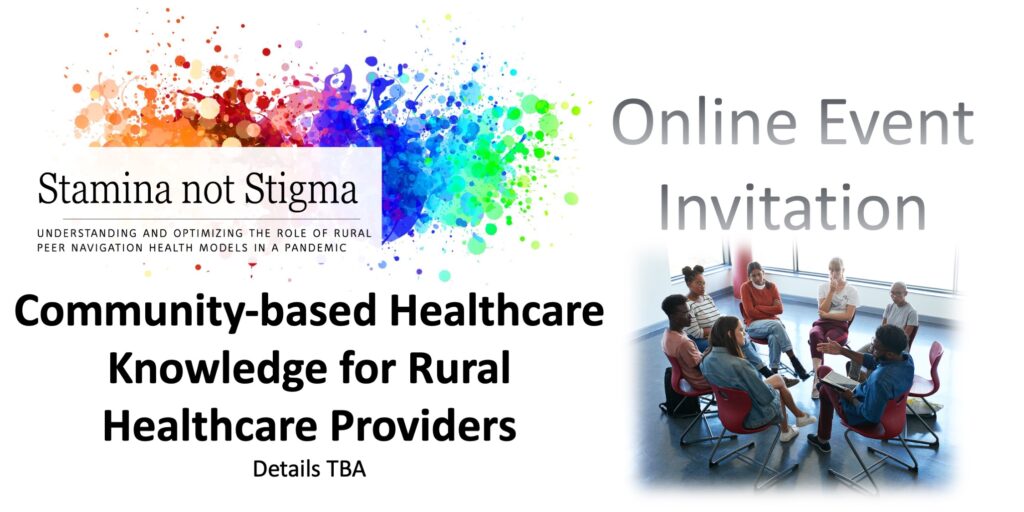Stamina Not Stigma
Free Online Events Series:
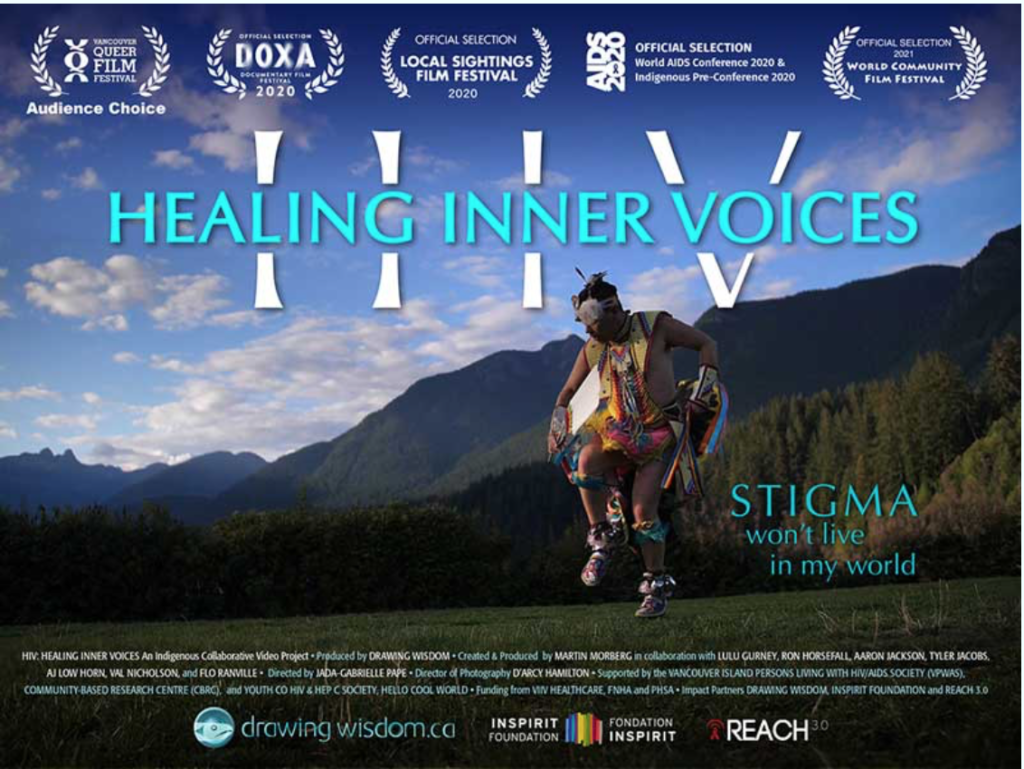
Launch Event: The Stamina not Stigma project events series began Tuesday November 23rd with a discussion and viewing of the beautifully crafted, ground breaking film, Healing Inner Voices by HIV+ 2-Spirit Indigenous filmmaker, Martin Morberg.
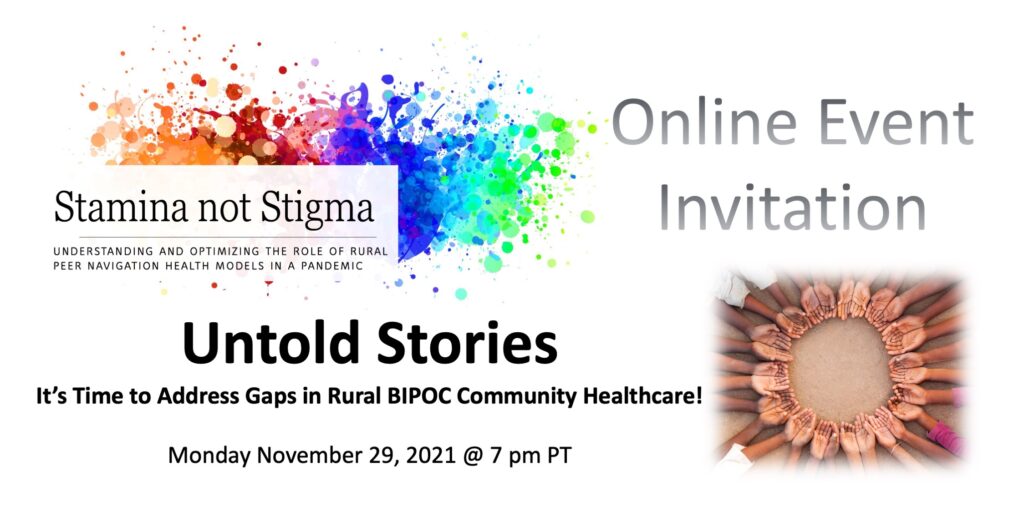
Monday November 29, 2021 @ 7 pm
Untold stories of stigma can profoundly affect our health. HIV disproportionately affects BIPOC (Black, Indigenous, People of Colour) communities.
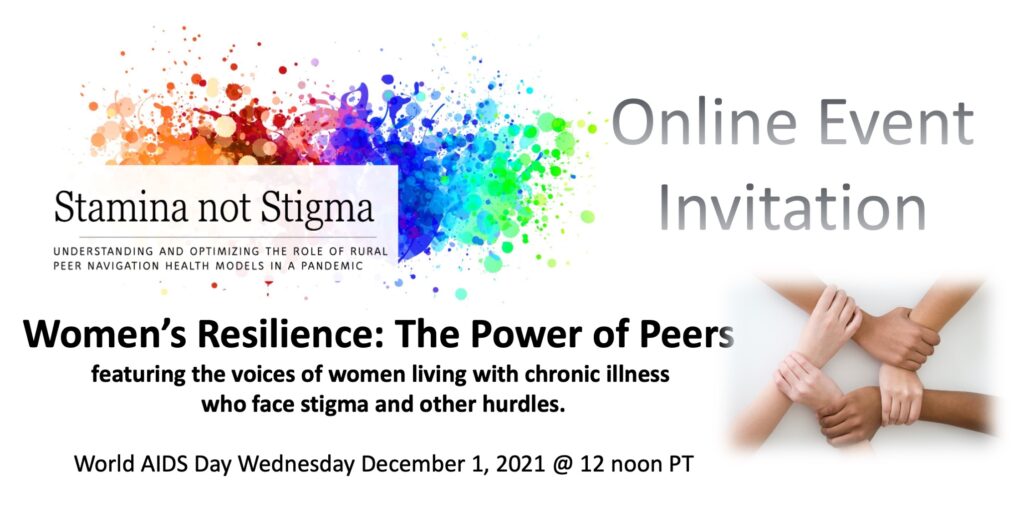
Wednesday December 1, 2021 @ 12 noon
This online event focuses on women’s healthcare. Everyone is welcome to this event which features the voices of women living with chronic illness who face stigma and other hurdles.
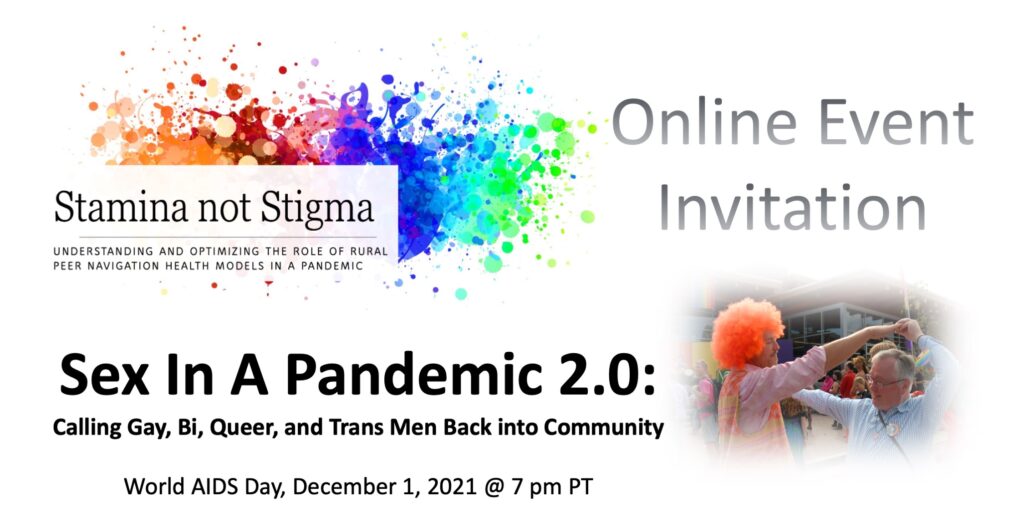
Wednesday December 1st 2021 @ 7 pm
As island community members, we invite you to explore connection and intimacy in the context of our intergenerational gay, bi, queer, and trans male experiences.
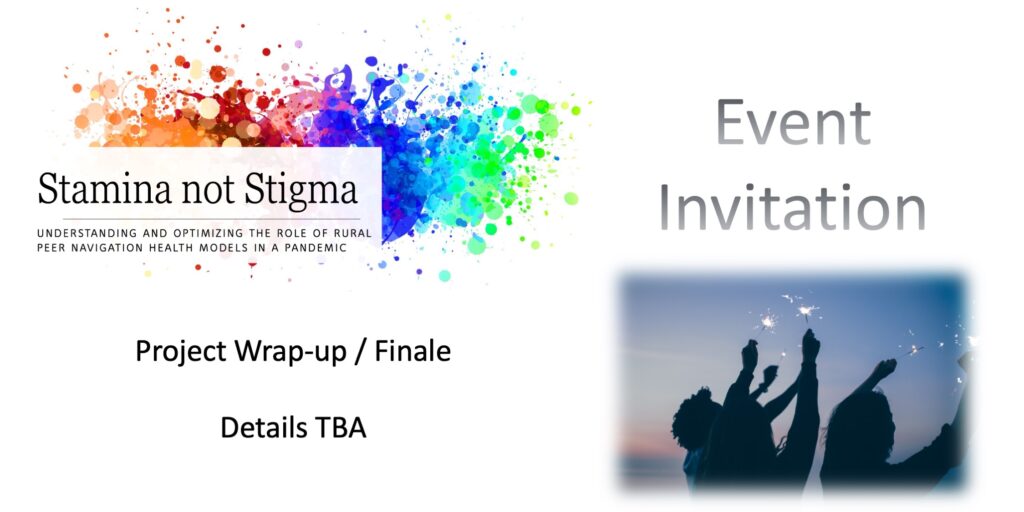
A community, arts-based event bringing together people and the important concepts explored over the course of the Stamina not Stigma project.
Details TBA
About Stamina not Stigma events:
“Nothing about us, without us!” was the rallying cry in the early days of an earlier global pandemic. AIDS is more than a disease. From kitchen tables around the world, the most afflicted and their allies launched what eventually became the first intersectional global healthcare movement.
Stamina not Stigma offers participants an opportunity to share stories of resistance and resilience. Each event begins with a member of the Southern Gulf Islands AIDS Society telling our community story of how a small group of Gulf Islanders living with HIV self-organized for support and survival. Each session then proceeds into discussion of how the resulting knowledge, skills, and experience can apply to other groups and situations, and specifically address the theme of each of the unique events in the series.
The Stamina not Stigma project will then bring the voices of often underrepresented communities to regional rural healthcare providers with the intention to provide community-based healthcare knowledge as a form of role relief to rural healthcare systems.
